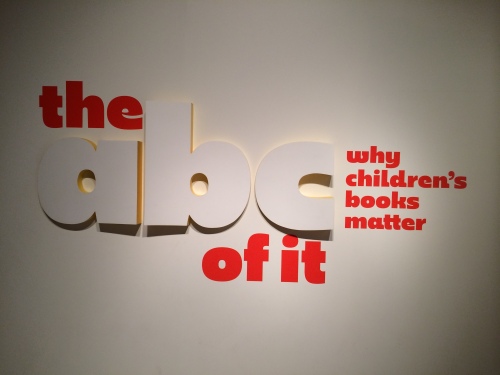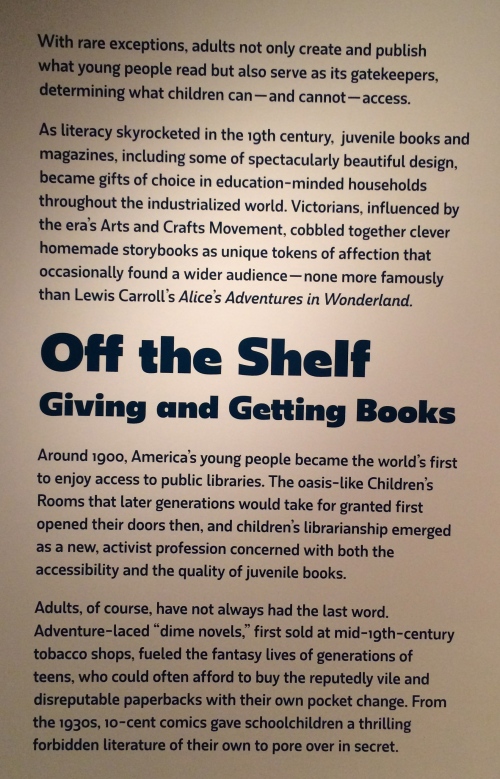The aim of the Q&A series is to get an inside look into some of South Africa’s leading education academics, policy-makers and activists. This is the ninth interview in the series. Martin Gustafsson is an advisor to the Director General in the South African Department of Basic Education and also a researcher in the RESEP Group at Stellenbosch University.
1) Why did you decide to go into education and how did you get where you are?
I suppose it all started with my own compulsory schooling, and then I found myself unable to leave. It’s an interesting world, education. One feels very much part of a grand reproductive cycle. I also see education as a powerful vehicle for changing society, bringing about a more just world. So it’s also about not reproducing more of the same.
2) What does your average week look like?
Interesting. I basically have two fairly regular part-time jobs, one as a researcher, one as a government planner. It works for me.
3) While I’m sure you’ve read many books and articles in your career, if you had to pick one or two that have been especially influential for you which one or two would they be and why?
I won’t talk about the fiction because you probably want to know about non-fiction. But fiction can also shape what one becomes as a person and a professional. I’d recommend Amartya Sen and Deirdre McCloskey, because of the way they combine passion, scepticism and science. And for helping me to understand South Africa, I have to thank, amongst others, Tom Lodge, Steve Biko and Hermann Giliomee, whose works have all helped me piece together a picture, in their different ways.
4) Who do you think are the current two or three most influential/eminent thinkers in your field and why?
If I think of my field as the economics of education, which I often do, then clearly Hanushek and Psacharopoulos stand out, the latter more as a veteran who has seen a couple of very exciting decades and still reflects on them. Unfortunately, education planning, which I also see as a field, is still rather scattered and I’m not sure there is anyone who has really succeeded in bringing together the various strands and packaging a body of knowledge which might provide needed guidance to thousands of education administrators. Dan Inbar’s book on education planning is still a little gem that cuts through much of the nonsense and fads that education planners have to deal with.
5) What do you think is the most under-researched area in South African education?
Difficult one, because virtually everything about education in South Africa is under-researched, by which I mean there’s not enough good research. Probably the things that make South Africa special are worth emphasising strongly: the language mix, exactly how education currently contributes towards breaking apartheid patterns in employment and entrepreneurship, and what can be done to improve that contribution.
6) What is the best academic advice you’ve been given?
The T principle. Make sure you know enough big picture stuff (the horizontal bar), whilst making sure you also get good at a few technical things (the vertical). Without a bit of both, you’re stuck. I’m not sure where I got that T principle, it could have been from Luis Crouch, an amazing and sensible education economist who played an important role in the design of pro-poor funding policies in post-1994 South Africa.
7) Being involved in the Department of Basic Education in South Africa I’m sure you have considerable first-hand experience of the real-world challenges that those in the civil service and in the Ministry face on a daily basis. Can you explain some of the under-appreciated challenges faced by the Director General and the Department?
There are lots of challenges, but let’s remember they’re not uniquely South African. Stifling bureaucracy, wrong people in the wrong jobs, corruption, and above all a cynical abandonment of any dream of a better future, these are features of governments around the world. I think some media and NGO pressure on government is good, some of it is not good at all. Amongst the latter I include poorly informed and populist pressure to create a first world country overnight. One gets better in stages, and understanding the complexities of this is something researchers, activists, journalists, but also government officials, need to do better. Otherwise we get stuck in a logjam of impossible expectations and despair.
8) If you weren’t in education what do you think you would be doing?
Maybe acting. Or a politician. They’re of course related professions.
9) Technology in education going forward – are you a fan or a sceptic?
I’m a fan. But I hate poorly informed hype, people who think it’s only a matter of faith, almost magic.
10) If you were given a R5-million research grant what would you use it for?
I’d use it for bursaries for young South Africans with potential to study economics of education, or something related, in good overseas institutions that are sensitive to developing country contexts. Okay, that’s not research, but it could lead to better and more research in future years.
11) Having a foot in both the academic and civil-service worlds, you are probably best positioned to answer the following question: what do you think could be done to bridge the gap between research and policy in education in South Africa?
Researchers and policy people need to meet face-to-face more often. Researchers need to read policy. What passes as ‘policy recommendations’ at the end of a lot of research documents is often horribly superficial and impractical. You can’t really make policy recommendations if you never read policy and don’t understand policymaking. We need to get over touchiness and power struggles, concerns over who is the master of the truth. We all understand bits of the puzzle, which is why we have to work collaboratively.
12) Given that you’ve done quite a lot of work on Latin American countries, what are the overarching lessons that you think we can learn from the education systems in places like Brazil and Chile?
My current favourites are, in the case of Chile, a government website that tells you, for each higher education institution and field, what graduates earn, and how soon they got jobs. Institutions are obliged, by law, to track ex-students for a few years and to report this information. In the case of Brazil, a standardised test applied at the first degree level in higher education institutions, where students do simple things like demonstrate their ability to reason logically. I should add the tests are field-specific. The resultant data, combined with data on the socio-economic status of students, is used to assess whether certain universities need management overhauls, or whether they should receive public funding for more student enrolments. I look at initiatives like this with envy, because our capacity and context in South Africa are not that different. We need to use data more creatively here.
//
Martin is a prolific researcher and (unfortunately) only a fraction of his work is available in the public domain. His research is unashamedly policy-oriented and pragmatic yet it is still highly rigorous and far-reaching in scope. Largely as a result of this I would easily consider him one of the most influential researchers in South Africa as far as education policy is concerned. See his personal website (here) for a list of publications and related documents and see below for some of the articles I have found to be particularly interesting/useful:
- 2010. “South Africa’s economics of education: A stocktaking and an agenda for the way forward“. Paper co-written with Thabo Mabogoane.
- 2010. “Policy note on pre-primary schooling: An empirical contribution to the 2009 Medium Term Strategic Framework“
- 2011. “The when and how of leaving school: The policy implications of new evidence on secondary schooling in South Africa“
- His PhD dissertation is also quite fascinating and highly accessible – Part 1, Part 2 and Part 3.
Some of the other academics/policy-makers on my “to-interview” list include Servaas van der Berg, Thabo Mabogoane, Veronica McKay, Hamsa Venkatakrishnan, Volker Wedekind, John Kruger, Linda Biersteker, Jonathan Jansen, Jon Clark, Khulekani Mathe, Percy Moleke, and Joy Oliver. If you have any other suggestions drop me a mail and I’ll see what I can do.




























